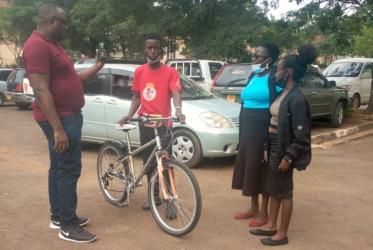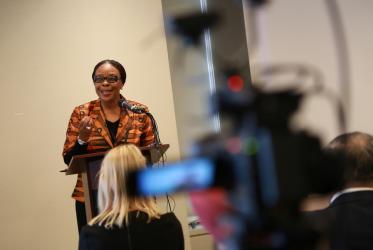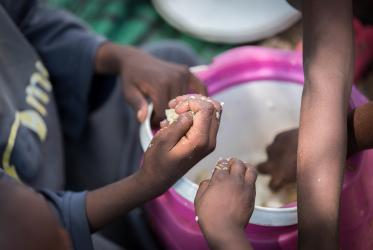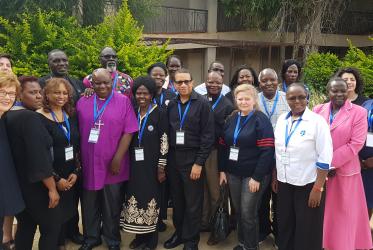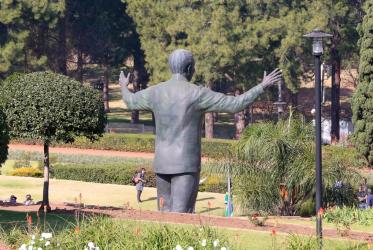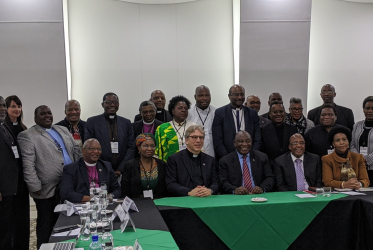Displaying 101 - 120 of 329
South Sudan Church leaders welcome new cabinet
15 March 2020
Listening together to the pain of violent spaces
28 February 2020
South Africans draw hope despite recurring challenges
16 December 2019
WCC delegation meets with South African President Ramaphosa
09 December 2019
